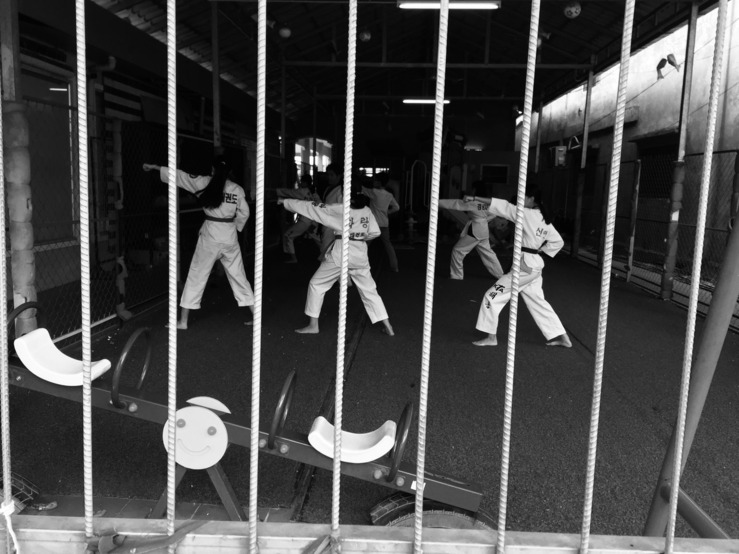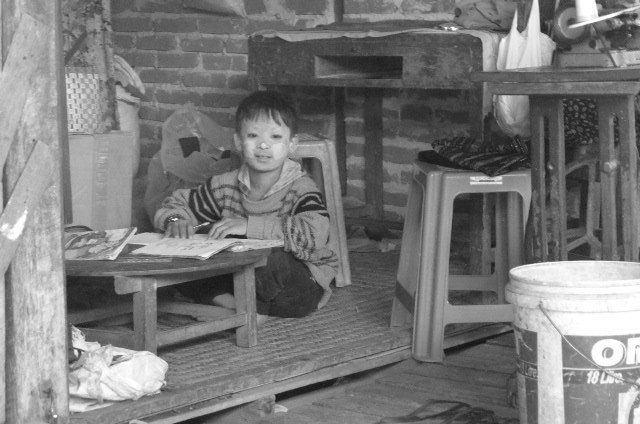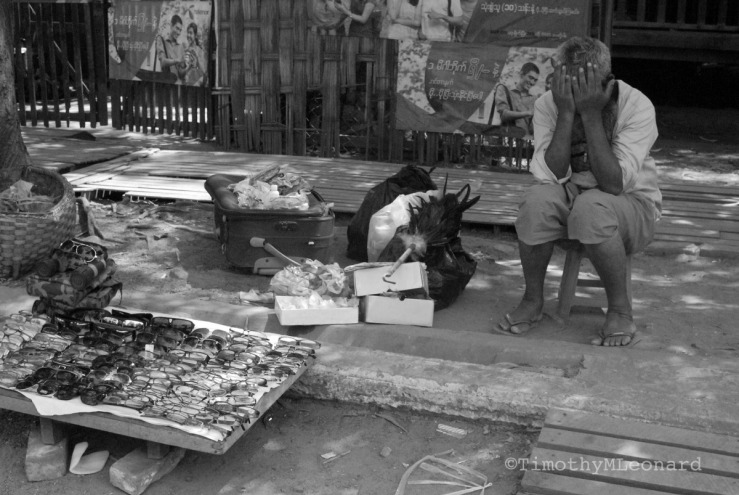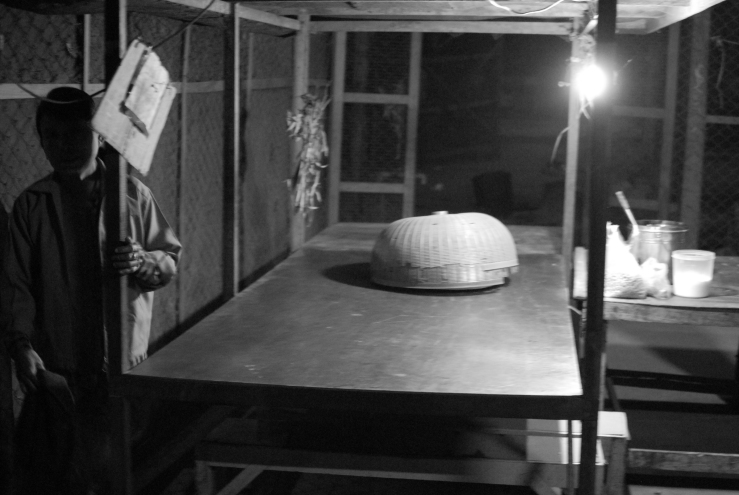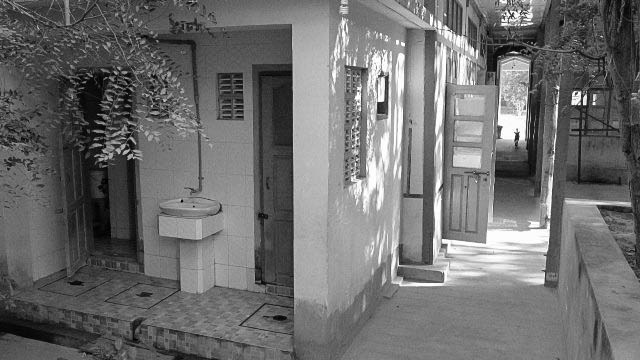handwriting
Writers and artists know it's all about choosing your quality tools wisely.
A well traveled 35-year old Mont Blanc Meisterstuck 149 piston fountain pen with a 14K gold nib and platinum inlay. The art of writing.
Language, writing, culture and civilization.
Been with us since passing through Hong Kong en route to a hotel management gig in Beijing. It's the feeling, joy of heft, ink distribution and quality. The edge on Moleskine paper, touch, sensory stimulation. Slowing down.
If you use a fountain pen you know what we mean. These days people crank out material with anything handy. Test out a fountain pen next time you're in the market for a quality writing instrument. Savor the precision.
Chinese students learn writing using them at the pre-university level.
Ancient influence of calligraphy and the fine arts. Before ball points and gels become ubiquitous in their lives.
An Edinburgh, Scotland school teaches students how to use a fountain pen.
"The pens improve the quality of work because they force the children to take care, and better work improves self-esteem," principal Bryan Lewis said. "Proper handwriting is as relevant today as it ever has been."
Happy writing. Go with the flow.
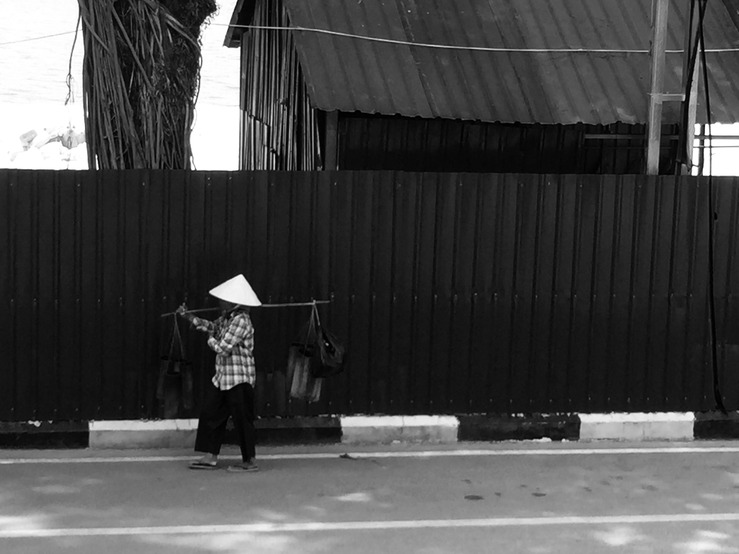
Random musings from a Moleskine notebook.
After a long steady heavy rain a pregnant woman
propped her mop made of strands - discarded rainbows -
as her dispassionate husband shucked peas
removed garlic shells from protective casing
after the sky finished crying to wash student street where
parades of disenfranchised university youth
sought shelter from the storm and well after open windows
released cello notes as a child sitting upright
tuned eyes to black notes on white pages
determined to master the instrument
another music student hammered
piano keys behind locked doors
pleasing Tiger Mom
flies gathered around brown sticky paste slowly
dripping off a cracked plate with their feelers
extending hope toward a thin white butterfly lifting off a green leaf

A diver spoke about money exchange systems after coming up for Air.
How the value of economic currencies fluctuates.
A butterfly and turtle have so much in common.
One in air one in water.
Both floating.






 Share Article
Share Article 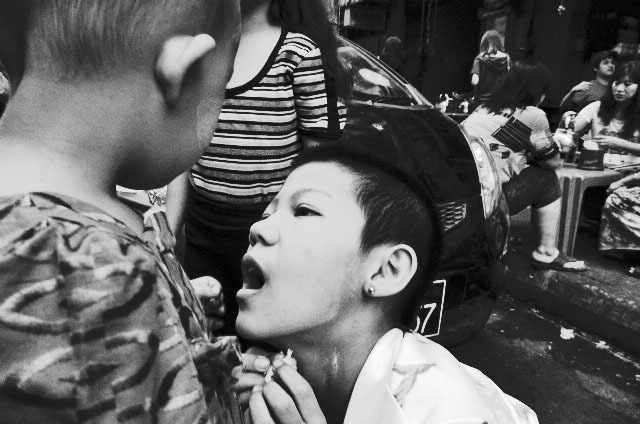
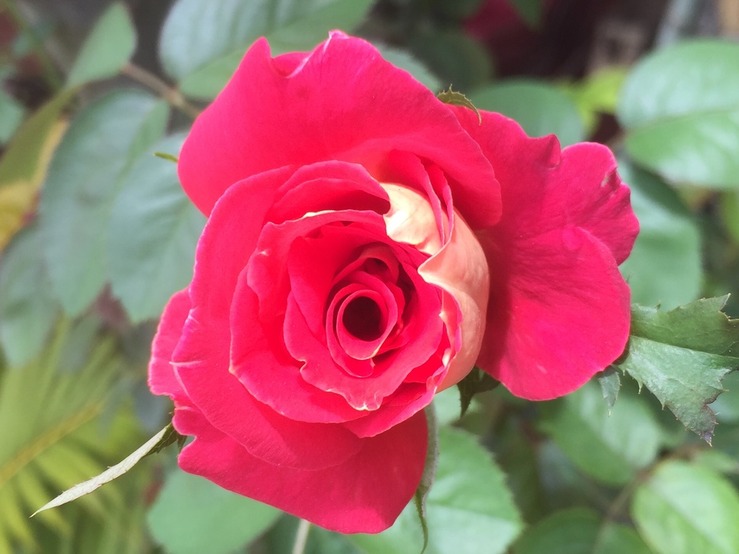
![A Century is Nothing by [Timothy Leonard]](https://m.media-amazon.com/images/I/512xA5ZTGsL.jpg)
